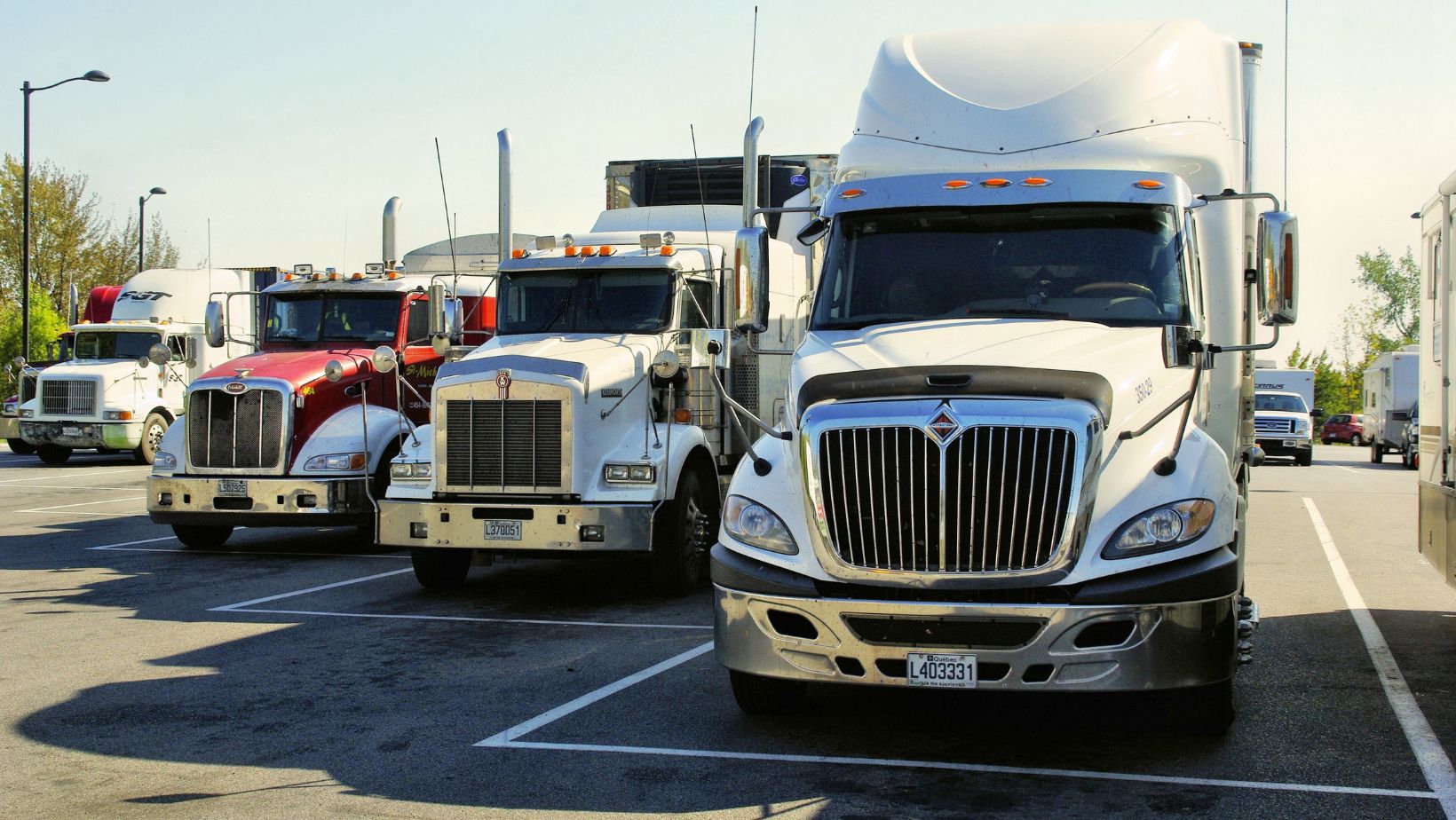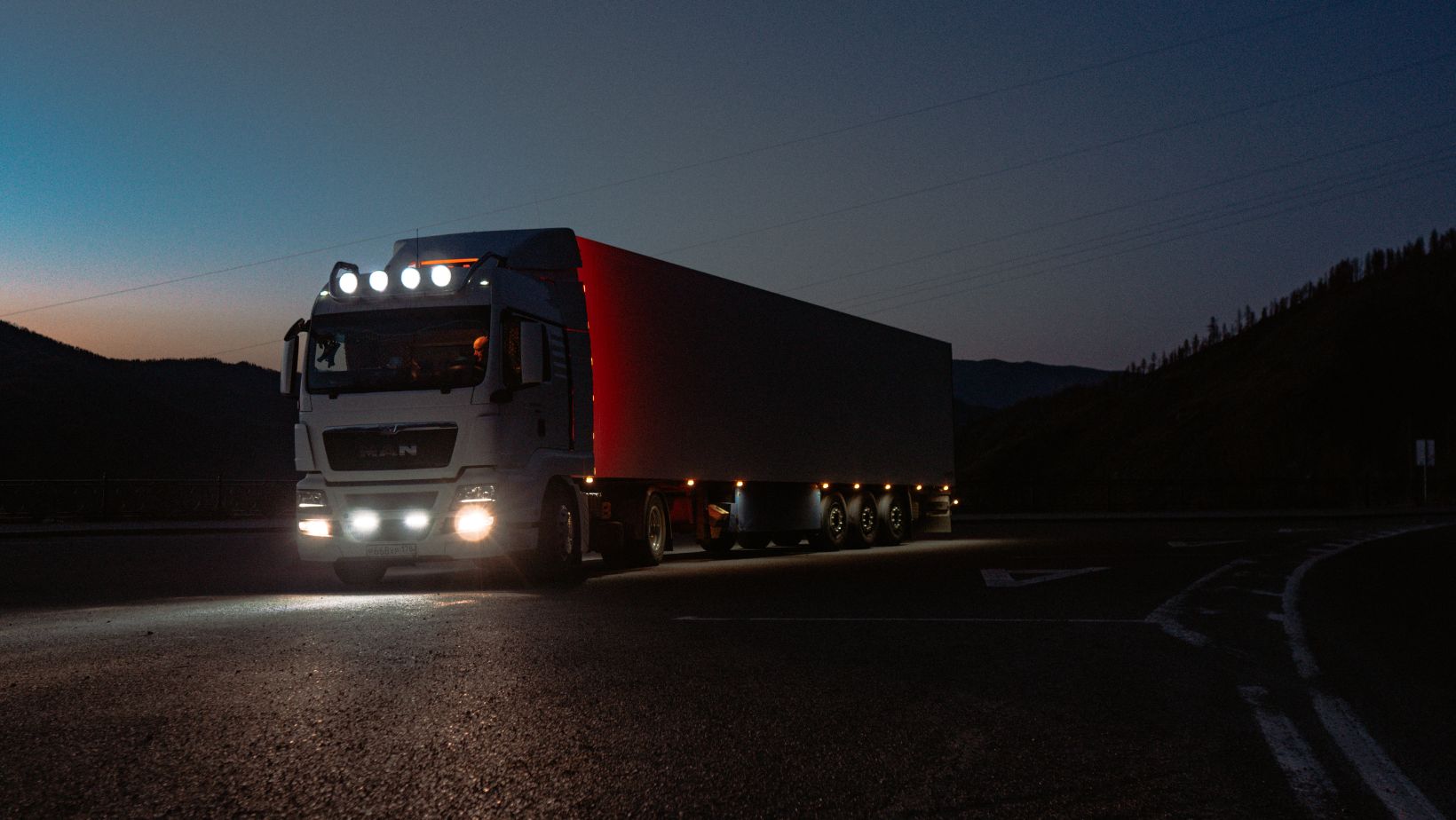
No vehicle matchups are fair when an eighty thousand pound truck is involved. A semi-truck hits a passenger car and the car loses every time. Physics doesn’t negotiate. Weight and momentum and speed combine to create devastation that standard car accidents don’t produce. Survivors face injuries that seem impossible to survive.
They face medical bills that dwarf normal accident expenses. They face confusion about who was responsible and how to navigate a system that suddenly feels much more complicated.
Truck crashes create wreckage that goes beyond vehicles. Families get disrupted. Lives get derailed. The survivor dealing with permanent injury while trying to understand how liability works and who actually caused the crash feels overwhelmed. The system for handling truck accidents is different and more complex than standard car accident procedures. Insurance companies involved in truck crashes have more resources and more experience fighting claims. The stakes are higher for everyone.
Knowing what to do after being hit by a semi-truck in North Carolina transforms panic into a plan. It helps you understand who might be responsible beyond just the driver. It clarifies what evidence matters and how to protect your rights when you’re dealing with trucking companies and their attorneys.
The Scale of the Problem
A semi-truck weighs around eighty thousand pounds when fully loaded. A typical passenger car weighs around three thousand pounds. That’s roughly a twenty-five to one weight difference. Physics means the truck barely slows down while the car absorbs all the force. The damage isn’t comparable to a car-versus-car collision. It’s categorically different.
Injuries from truck crashes are typically catastrophic. Spinal injuries. Traumatic brain injuries. Crushed limbs. Internal injuries. Death. Survivors often face surgeries, rehabilitation, and permanent disability. Recovery takes years. Some people never fully recover. The medical costs reflect this severity. Hospitalizations, surgeries, ongoing rehabilitation, medication, and assistive equipment all add up to expenses that dwarf typical accident medical bills.
The liability picture is often more complicated than car accidents. The truck driver might be at fault. But the trucking company might be at fault for improper training or inadequate maintenance. The truck manufacturer might be at fault if the truck had defective brakes or other equipment. Multiple defendants might share responsibility. Determining who was actually at fault requires investigation and expertise.

From Scene to Strategy
Collecting evidence matters even more with truck crashes than with regular accidents. Get photos of the truck and your vehicle. Get the truck’s license plate number and company name if visible. Get the driver’s information and the trucking company’s information. If possible, get the truck’s VIN number and trailer number. These details matter for investigation.
Medical care should be your first priority. Call 911 immediately. Get evaluated by paramedics at the scene. Get transported to a hospital for thorough evaluation even if you feel okay. Adrenaline masks injuries. Medical professionals need to document your condition immediately after the crash. Those medical records become crucial evidence later.
Witness information is valuable but often unavailable with truck crashes. If there are witnesses, get their names, phone numbers, and email addresses. Have them write down what they saw while memories are fresh. Witness statements matter tremendously in truck accident cases because they provide neutral perspectives on what happened.
The Legal Heavyweights
Trucking companies have teams of attorneys and insurance adjusters experienced at defending truck accident claims. They know how to investigate crashes. They know how to find weaknesses in plaintiffs’ cases. They know the trucking regulations and safety standards. They bring serious resources to defending themselves.
Large trucking companies have substantial insurance coverage. They can afford to fight claims aggressively. They have the resources to drag out litigation. They understand that many injured people will eventually settle for less than full value just to make the case go away. That’s their advantage.
The right legal representation levels the playing field. An attorney experienced in truck accidents knows trucking company tactics. They know what evidence matters. They know how to investigate whether the company violated safety regulations. They know what compensation is actually appropriate for catastrophic injuries. They bring expertise that matches what the trucking company brings.
Recovery Requires Partnership
The road can’t be rewound but recovery can be planned. The bigger the truck, the smaller your margin for error after impact. Immediate medical care, careful evidence collection, and early legal consultation all matter. A truck accident case is more complex than a regular car accident. It requires more expertise. It requires an attorney who understands the trucking industry and knows how to hold big companies accountable.
The compensation in truck cases can be substantial because the injuries are typically severe. But recovering that compensation requires fighting companies that are experienced fighters. Having someone in your corner who understands what you’re up against makes the difference between settlements that compensate you fairly and settlements that leave you struggling with expenses.

















